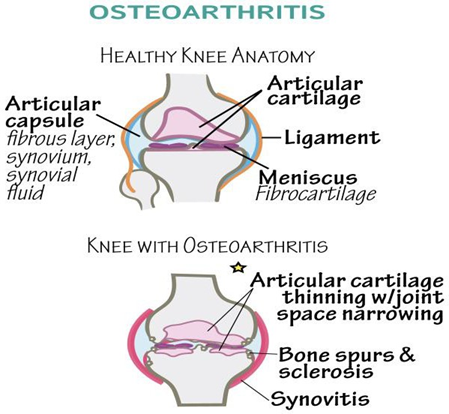The nurse is working on an infectious disease unit. Which client should be assigned to a room with negative airflow, while requiring personnel to use a particulate respirator mask, and requiring staff to observe airborne, as well as standard precautions?
A female adolescent admitted with multiple genital Herpes simplex II lesions.
Twin siblings admitted with scarlet fever that is complicated with pneumonia.
An older client with scabies who is admitted from an extended care facility.
A client with a positive Mantoux and sputum cultures results positive for acid-fast bacillus (AFB).
The Correct Answer is D
Rationale
A. Herpes simplex virus type II (HSV-II) primarily spreads through direct contact with the lesions and is not airborne. Airborne precautions and negative airflow rooms are not necessary for this condition.
B. Scarlet fever is caused by Group A Streptococcus bacteria and typically spreads through respiratory droplets. However, scarlet fever itself does not require airborne precautions. If complicated with pneumonia, respiratory droplets could potentially spread the infection, but specific airborne precautions are generally not required unless there are other pathogens involved that require it.
C. Scabies is caused by the Sarcoptes scabiei mite and spreads through direct skin-to-skin contact. It does not require airborne precautions or negative airflow rooms.
D. A positive Mantoux test and sputum cultures positive for acid-fast bacillus (AFB) suggest tuberculosis (TB) infection. TB is spread through airborne droplets (e.g., coughing, sneezing), and therefore, requires airborne precautions including negative airflow rooms to prevent transmission to others.A
Nursing Test Bank
Naxlex Comprehensive Predictor Exams
Related Questions
Correct Answer is A
Explanation
Rationale
A. Osteoarthritis is characterized by the gradual destruction of joint cartilage. Cartilage serves as a cushion between the bones in a joint, and its deterioration leads to pain, stiffness, and reduced joint function. As the cartilage wears away, bones may rub directly against each other, causing further pain and damage.

B. Osteoarthritis is primarily a degenerative condition rather than an inflammatory one. While mild inflammation can occur in OA, it is not as prominent as in autoimmune conditions like rheumatoid arthritis. In OA, inflammation is secondary to cartilage damage rather than a primary driver of the disease process.
C. Loss of bone mineral density is more characteristic of osteoporosis, a condition where bones become weak and brittle. Osteoporosis involves a decrease in bone mass throughout the skeleton, whereas osteoarthritis specifically targets the joints and affects cartilage rather than bone density.
D. An infectious process in the synovial fluid could indicate septic arthritis, which is characterized by infection in the joint space. This is typically associated with acute symptoms such as severe joint pain, swelling, warmth, and fever.
Correct Answer is ["1.3"]
Explanation
Convert pounds to kilograms.
- 1 pound = 0.453592 kilograms
- 132 pounds * 0.453592 kg/pound = 59.87 kilograms
Step 2: Calculate the total dose in micrograms.
- 44 micrograms/kilogram * 59.87 kilograms = 2635.08 micrograms
Step 3: Convert micrograms to milligrams.
- 1 milligram = 1000 micrograms
- 2635.08 micrograms / 1000 micrograms/milligram = 2.63508 milligrams
Step 4: Calculate the volume to be administered.
- Concentration of lorazepam = 2 milligrams/milliliter
- Volume = Dose / Concentration
- Volume = 2.63508 milligrams / 2 milligrams/milliliter = 1.31754 milliliters
Therefore, the nurse should administer approximately 1.3milliliters of the lorazepam solution.
Whether you are a student looking to ace your exams or a practicing nurse seeking to enhance your expertise , our nursing education contents will empower you with the confidence and competence to make a difference in the lives of patients and become a respected leader in the healthcare field.
Visit Naxlex, invest in your future and unlock endless possibilities with our unparalleled nursing education contents today
Report Wrong Answer on the Current Question
Do you disagree with the answer? If yes, what is your expected answer? Explain.
Kindly be descriptive with the issue you are facing.
